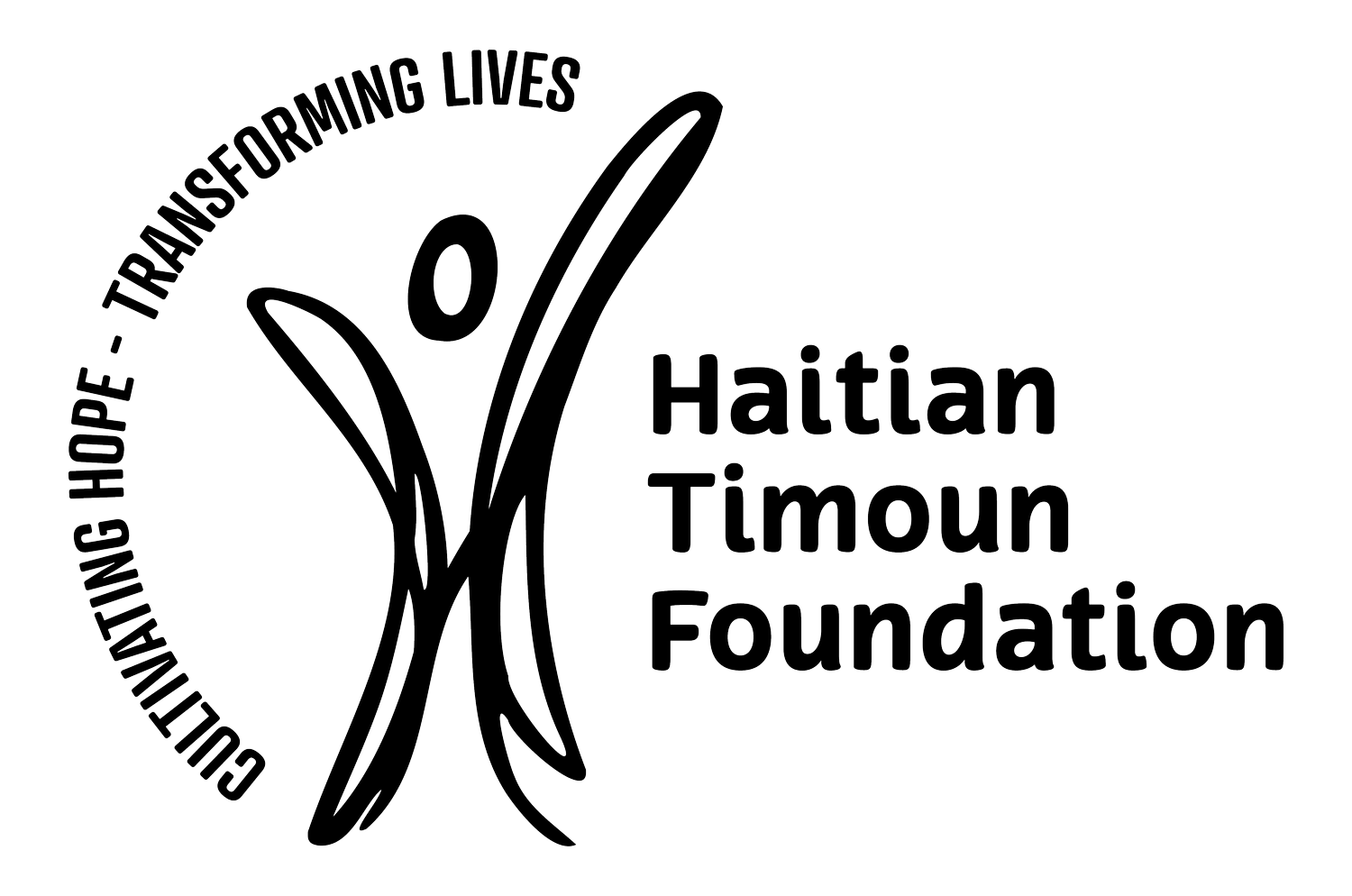
Robin Lutjohann traveled with an HTF immersion group in January 2015. These are his reflections about his experience visiting our partners in the Chemen Lavi Miyò program.
Traveling with a group of folks from Trinity Lutheran Seminary (Columbus, OH) and Abiding Hope Lutheran Church (Littleton, CO), I was privileged to encounter some of the remarkable women of Chemen Lavi Miyò.
One of them stands out in particular. It was a long walk to her house for us foreigners, as we were unaccustomed to the humidity and heat of Haiti’s Central Plateau region. But, eager to meet her, we trudged resolutely along bean plantations and lush greenery, down a winding dirt road. Then, up a small, wooded hill, we saw her, barefoot, holding her infant son in her arms. If I remember correctly, she introduced herself as Denise. She was shy and seemed taken aback to see these “Blancs” accompanying her caseworker. But when we assured her of our goodwill, she opened up her home to us, beaming with that characteristic Caribbean hospitality. Denise showed us what seemed to be her only possession: a little hut made of plywood, pieces of metal, and covered with plantain leaves as a roof, all in all no bigger than a sedan. With the rainy season approaching, her entire livelihood could be swept away in a mudslide. What’s more: Denise shared with us that her husband had died of a disease, leaving her to care for five children by herself.
The poverty Denise inherited and
the vulnerability of her situation are not mere bad luck – they are the result
of hundreds of years of oppression and aggression against the Haitian people.
From Columbus to slavery to trade embargoes to occupations to the ongoing
problems of corruption and poorly executed international aid efforts, Haiti has
been beaten down repeatedly by forces of greed and hatred. Add to that the
natural disasters that periodically sweep the nation, and poverty seems like an
obvious result.
Obvious, perhaps, but not inevitable. Once Denise had shown us her house, we saw more: A goat, tied to a plantain tree. No, two goats! And there, behind the bushes, a fat black pig! These were resources for self-sufficiency provided by Chemen Lavi Miyò. Along with a new house and the assistance of her caseworker, these resources give Denise the possibility to care for her family and attain enough stability to escape extreme poverty. Denise is already strong, confident, talented, and able. All she needs is a hand to climb up to the first step of the latter. With the help of HTF, she and many other women can take that step.
As they say in Haiti: “Jezi kapab. Jesus is able.” What may seem hopeless and impossible for us, is possible for God, who never ceases to effect transformation through people. This I will never forget.

